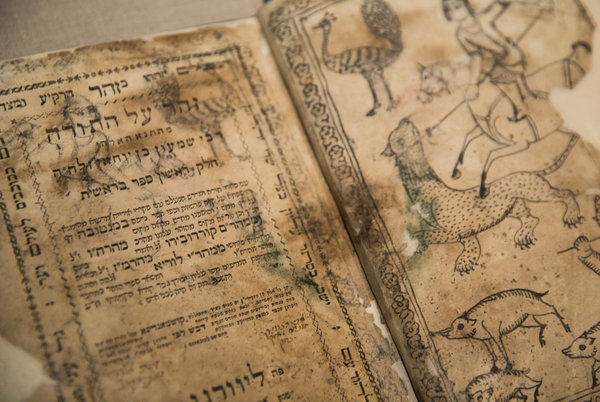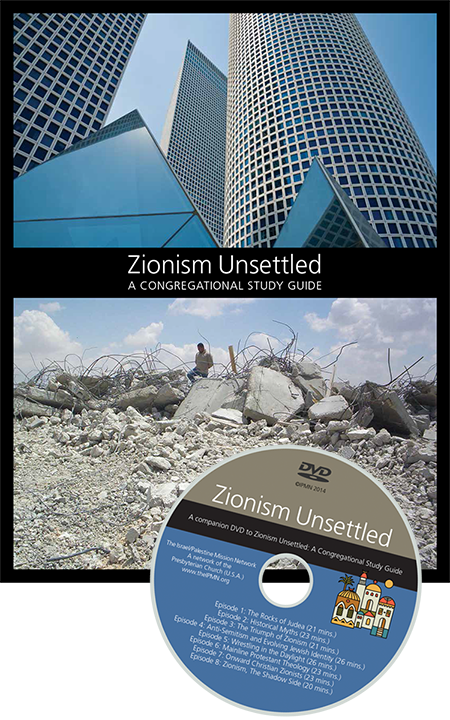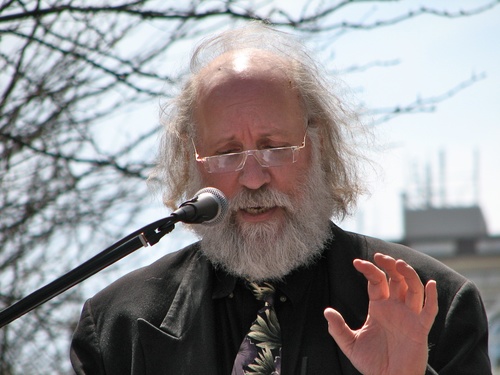J Street Launches Ad Campaign Promoting Obama’s Iran Nuclear Deal [+Video]
You probably have seen our panel discussion on the J street Challenge and comments about the pro-Iranian lobby group NIAC board members, “J Street Challenge documentary and Informed Panel Discussion in Pensacola.“ We noted:
Former deputy Chief of Mission at the Israeli Embassy in Washington, Lenny Ben David, revealed forensic analysis of the IRS tax filings of J Street. He noted the questionable funding by known enemies of Israeli both in the U.S. and the Middle East. Jeremy Ben Ami is exposed by Ben David apologizing for why he hid major funding for J Street from George Soros, who is fervently anti-Israel. A J Street board member, Genevieve Lynch, also sits on the board of Iran’s chief lobbying arm in Washington, the National Iranian American Council. Ben David also raised the question of why a Filipino woman living in Hong Kong underwrites almost a third of J Street’s budget.
In an earlier Iconoclast post we referenced a Breitbart News report on a former NIAC employee, Sahar Nowrouzzadeh, who was now an NSC staffer in the Obama White House:
Breitbart News in a March 31st, 2015 dossier article on Ms. Nowrouzzadeh reported:
Found that a person with the same name has previously written several publications on behalf of NIAC. According to what appears to be her LinkedIn account, Nowrouzzadeh became an analyst for the Department of Defense in 2005 before moving her way up to the National Security Council in 2014.
A NIAC profile from 2007 reveals that Sahar Nowrouzzadeh appears to be the same person as the one who is currently the NSC Director for Iran. The profiles indicate that she had the same double major and attended the same university (George Washington).
Critics have alleged that NIAC is a lobby for the current Iranian dictatorship under Ayatollah Khamenei. A dissident journalist revealed recently that NIAC’s president and founder, Trita Parsi, has maintained a years-long relationship with Iranian Foreign Minister, Javad Zarif.
NIAC was established in 1999, when founder Trita Parsi attended a conference in Cyprus that was held under the auspices of the Iranian regime. During the conference, Parsi reportedly laid out his plan to introduce a pro-regime lobbying group to allegedly counteract the influence of America’s pro-Israel and anti-Tehran regime advocacy groups.
NIAC has been investing heavily in attempts to influence the talks in favor of an agreement with the state sponsor of terror. In recent days, its director, Trita Parsi, has been spotted having amiable conversation with Iranian President Hassan Rouhani’s brother.
With the announcement of P5+1 nuclear agreement by President Obama on Monday, July 14th, like night follows day, J Street is launching a multi-million dollar video campaign supporting the deal. All while all Israelis , many members of Congress and Americans support Prime Minister Netanyahu’s view that the pact is a dangerous “historic mistake.” They have been joined by Saudi Arabia, the Gulf emirates castigating the deal with Iran posing an existential threat in the Middle East and some suggest here in the US, as well.
The Algemeiner reported on this latest example of J Street revealing its promotion of the President’s outreach to a nuclear Iran:
The left-wing Jewish lobby J Street said Wednesday that it is building support for the Iran nuclear deal through a “multimillion dollar national campaign.”
“J Street wants Congress to know that, despite some loud opposition to the deal coming from Jewish organizational leaders, our polling suggests that a clear majority of Jewish Americans agrees with us and backs the deal,” J Street said in its announcement of a campaign “to make the case to lawmakers that the agreement reached yesterday advances both US and Israeli security interests.”
The campaign, according to J Street, “will launch with a 30-second advertisement highlighting the unprecedented inspections and monitoring of Iran’s nuclear and military sites under the agreement.
Algemeiner noted the comments of Lori Lowenthal Marcus, national correspondent for The Jewish Press and Jeffery Goldberg of The Atlantic, a frequent interviewer of President Obama.
Marcus said:
While every other Jewish group which praised the negotiators who reached the agreement “did so for their (the negotiators’) efforts,” only J Street praised the actual content of the deal. On Tuesday, J Street called the deal “a major step forward that will make the world appreciably safer.”
Goldberg tweeted:
“If Israel’s elected leader, and the head of the opposition, oppose the Iran deal, can J Street support it and still call itself pro-Israel?”
Maybe that’s why MK Isaac Herzog Israeli opposition leader of the Leftist Zionist Union (Labor) Party said he would work with Prime Minister Netanyahu’s coalition to stop the Iran deal. We wonder which Iranian conduit funneled the money to underwrite the launch of the J Street video ad with the Orwellian title: “Good for America/Good for Israel”.
Watch the J Street ad on this You Tube video:
EDITORS NOTE: This column originally appeared in the New English Review.







